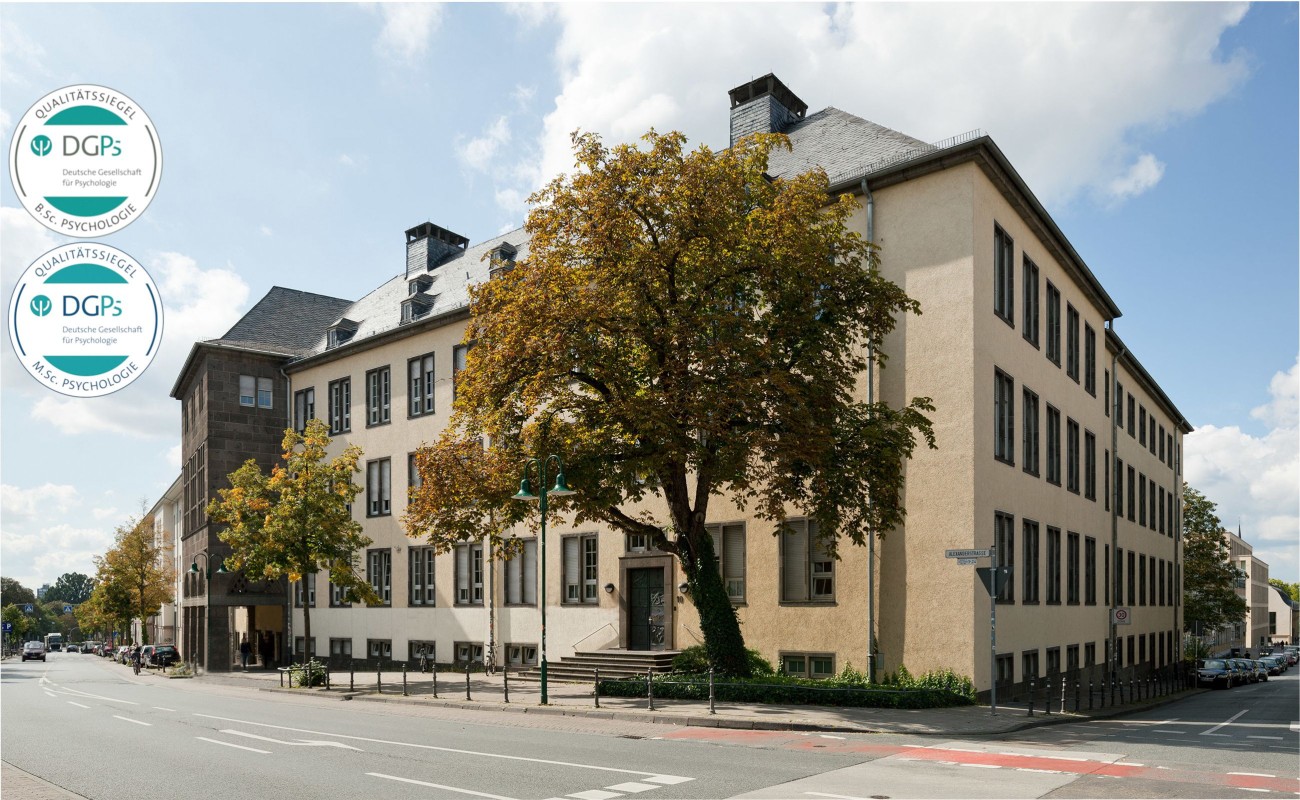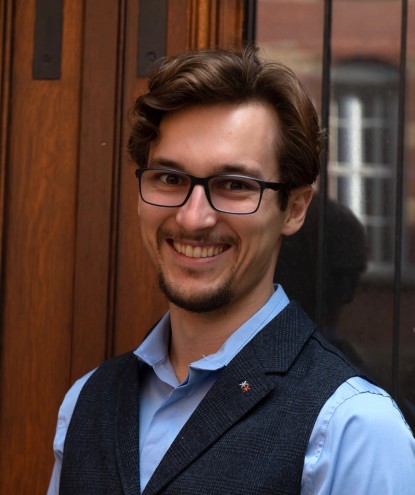Kai Streiling M.Sc.
Sensorimotor Control and Learning
Arbeitsgebiet(e)
Kontakt
kai.streiling@tu-...
work +49 6151 16-24135
Work
S 1|15 05 42
Alexanderstr. 10
64283
Darmstadt
Links
I am researching cognitive aspects of human and machine motor control and learning.
Given multiple noisy input streams humans infer a magnitude of representations with rich information about their environment, their body, physical and social interactions, expected outcome of actions, and many more. Multiple senses are also integrated into less conscious percepts, such as a percept of causality or a sense of agency, which again inform our conscious perception and action.
My research focuses on different aspects of these integrations and how their understanding can be used to explain mechanisms of psychoses or improve algorithmic control and machine learning.
The Adaptive Mind (TAM)
Together with the Translational Neuroimaging (TNM) Lab from the University of Marburg we examine how our actions shape a sense of agency (SoA) and how that is disturbed in schizophrenia spectrum disorder (SSD).
I explore implicit measurements of an SoA in behavioural and eye-tracking data from novel tracking tasks. Also, I apply and adapt models from Optimal Control and Reinforcement Learning to capture and explain the SoA.
With the TNM Lab we test the application of our paradigms and models as behavioural biomarkers for diagnosing SSD and for verifying hypotheses about the inner processes of the disorder.
SS
- Cognitive Science 3: Acting – Seminar
WS
- Grundlagen der Cognitive Science – 03-03-1403-se (Einführung in Python and Perceptron)
Supervised Theses
- Control Mode and Confusion of Agency (B.Sc.) (ongoing). Supervised by Kai Streiling & Loes C.J. van Dam
- Visual illusions in sensorimotor control of balance – a reinforcement learning study (2024) (M.Sc). Supervised by Kai Streiling, Maximilian Stasica, & Jan Peters
2023
- Streiling, K & van Dam, L. C. J. (2023). Influence of visual patterns and optic flow on inverted pendulum balancing tasks. Poster at European Conference on Visual Perception(pdf) (wird in neuem Tab geöffnet).
- Stasica M., Streiling K., Honekamp C., Schneider A., Exarchos A., Henschke S., Pirincoglu S., Polat M., Scholz N., Stähler C., Syring E., van Dam L., & Seyfarth A. (2023). Walking on virtual surface patterns changes muscular activity . In CLAWAR2023, October , 2023, Florianópolis (link).



